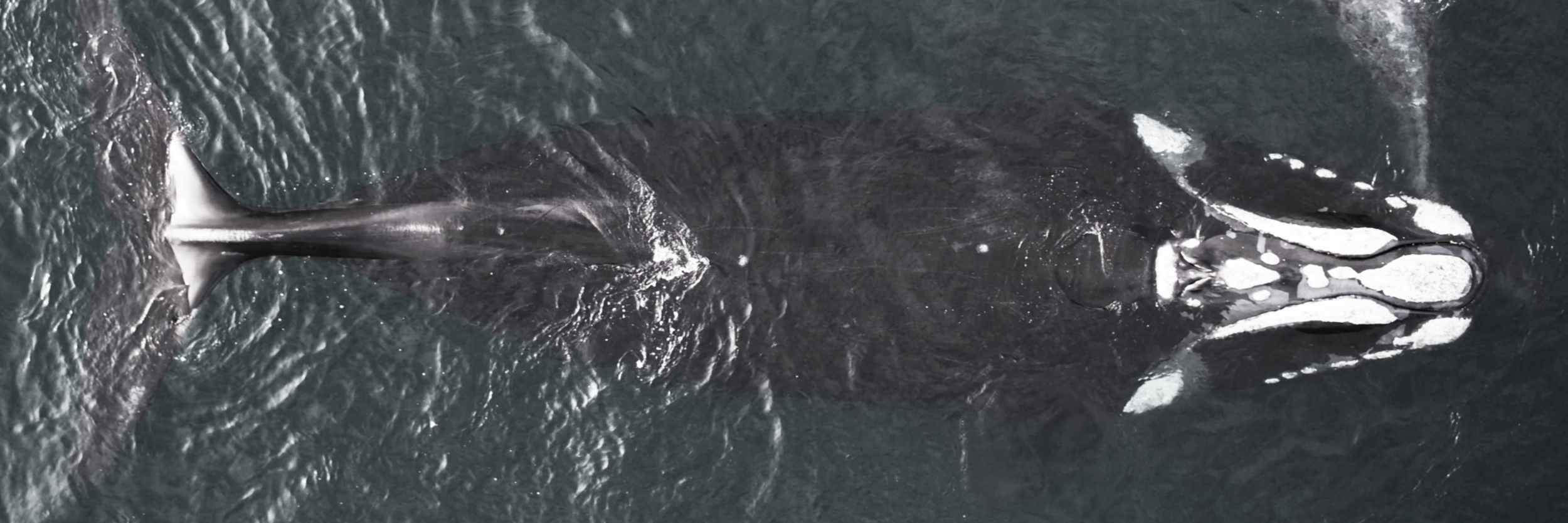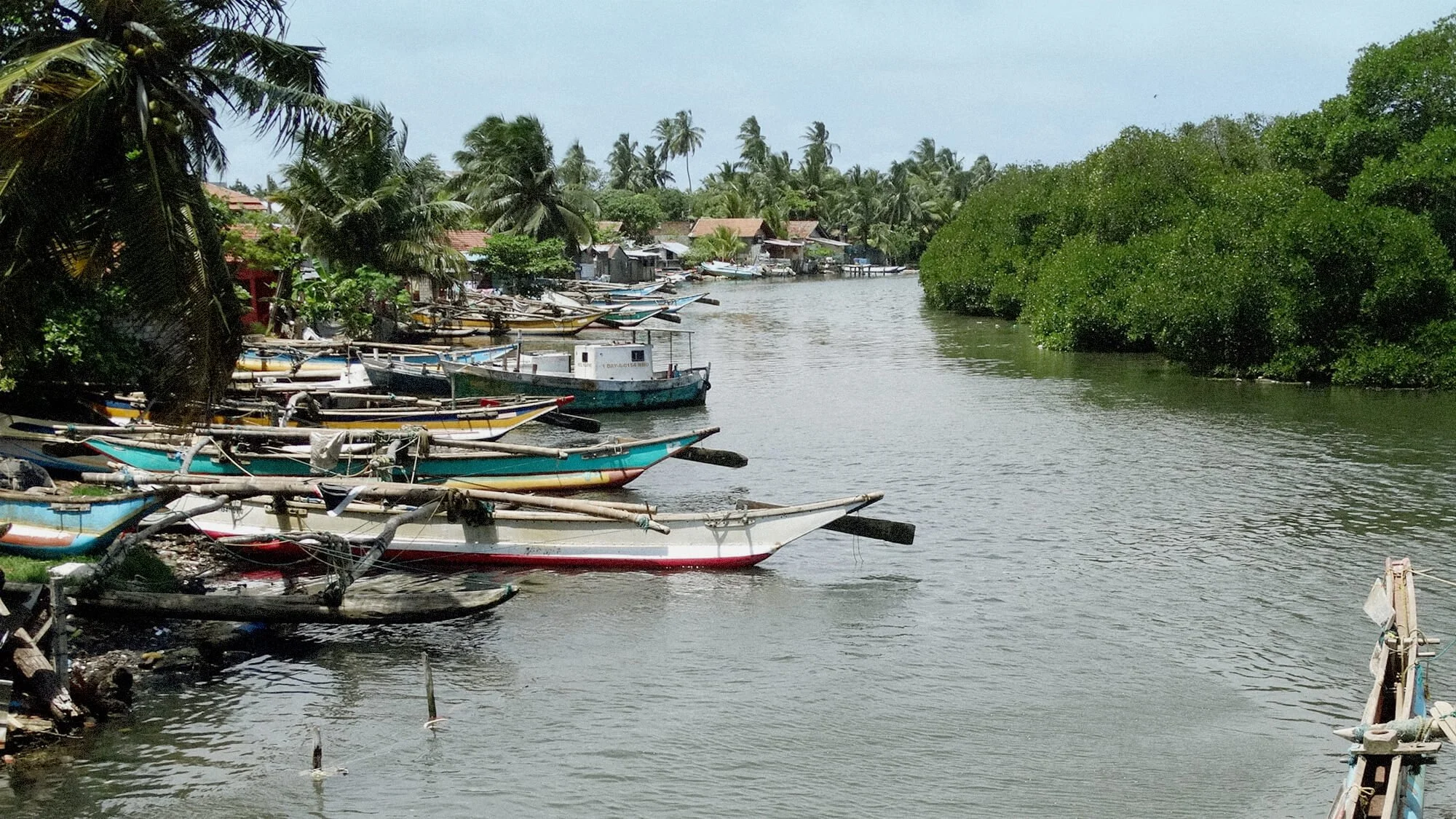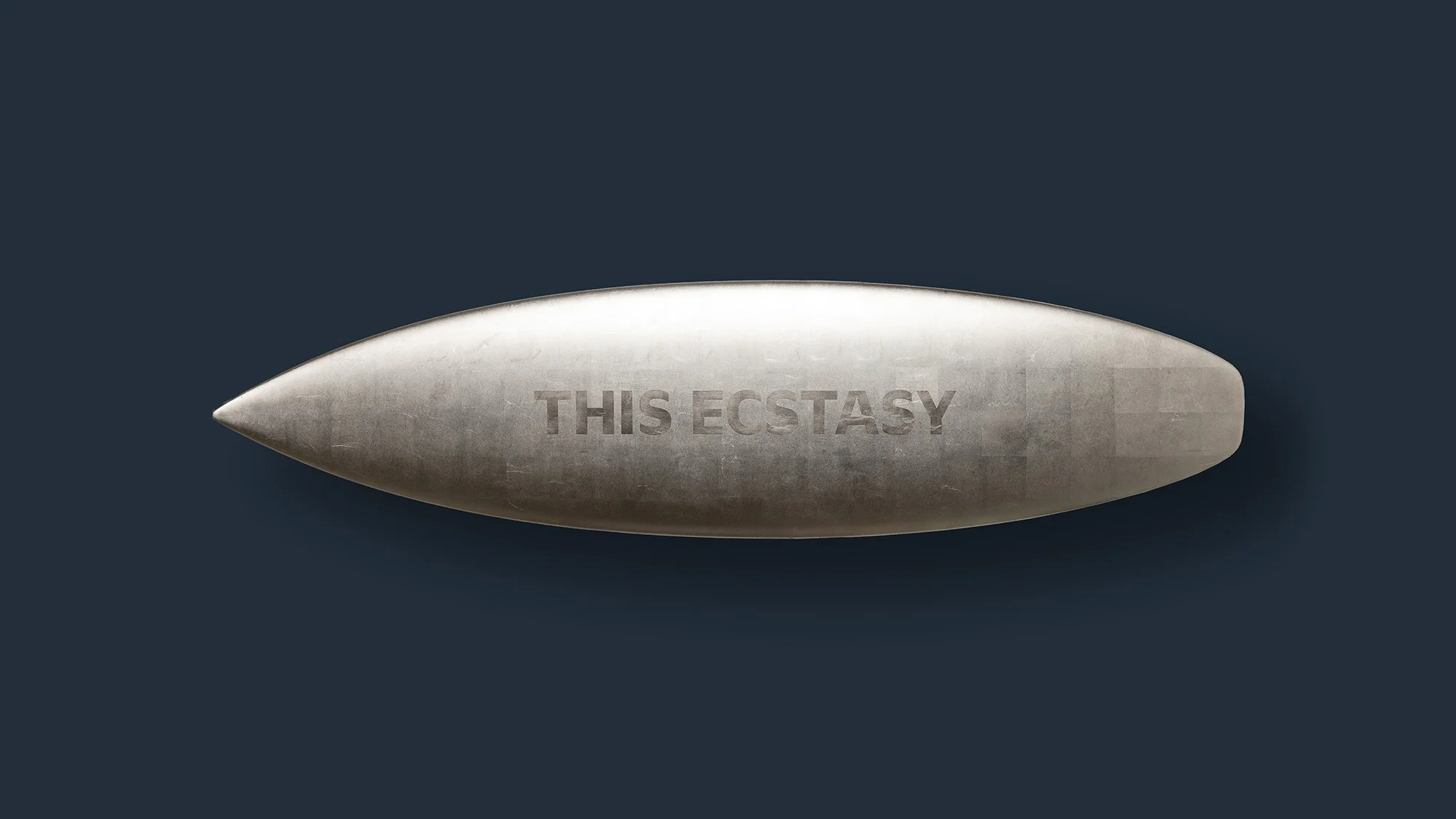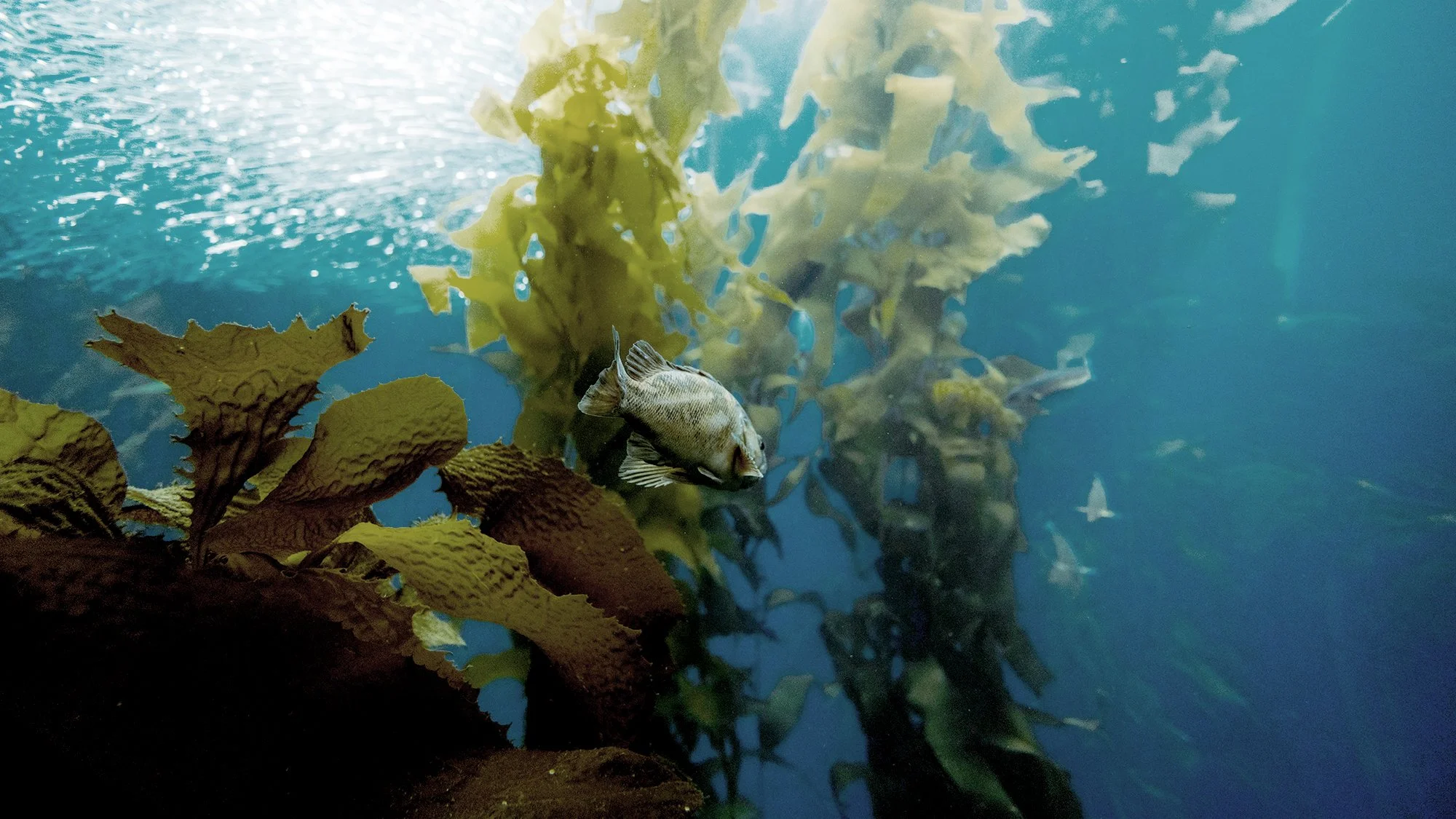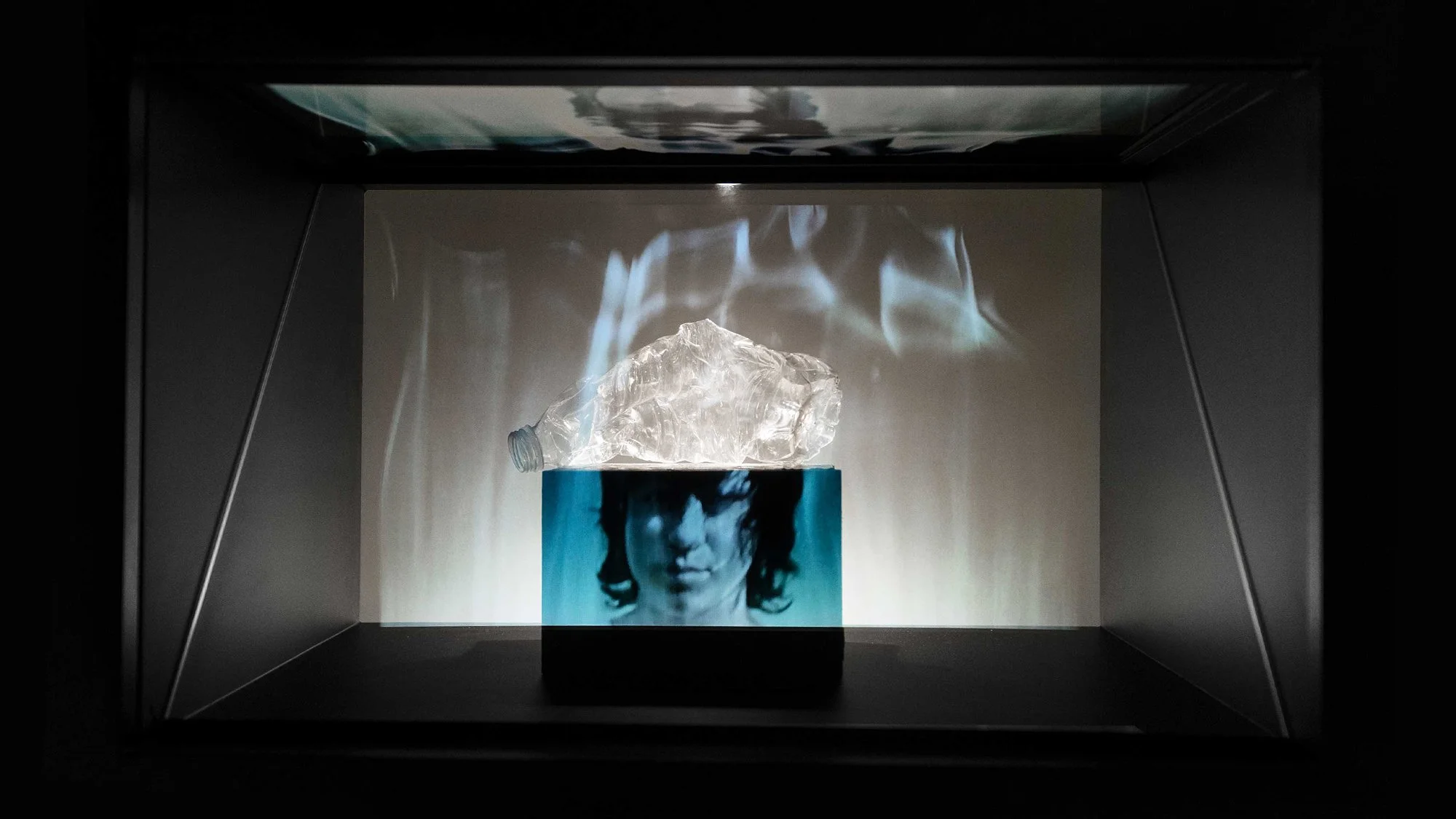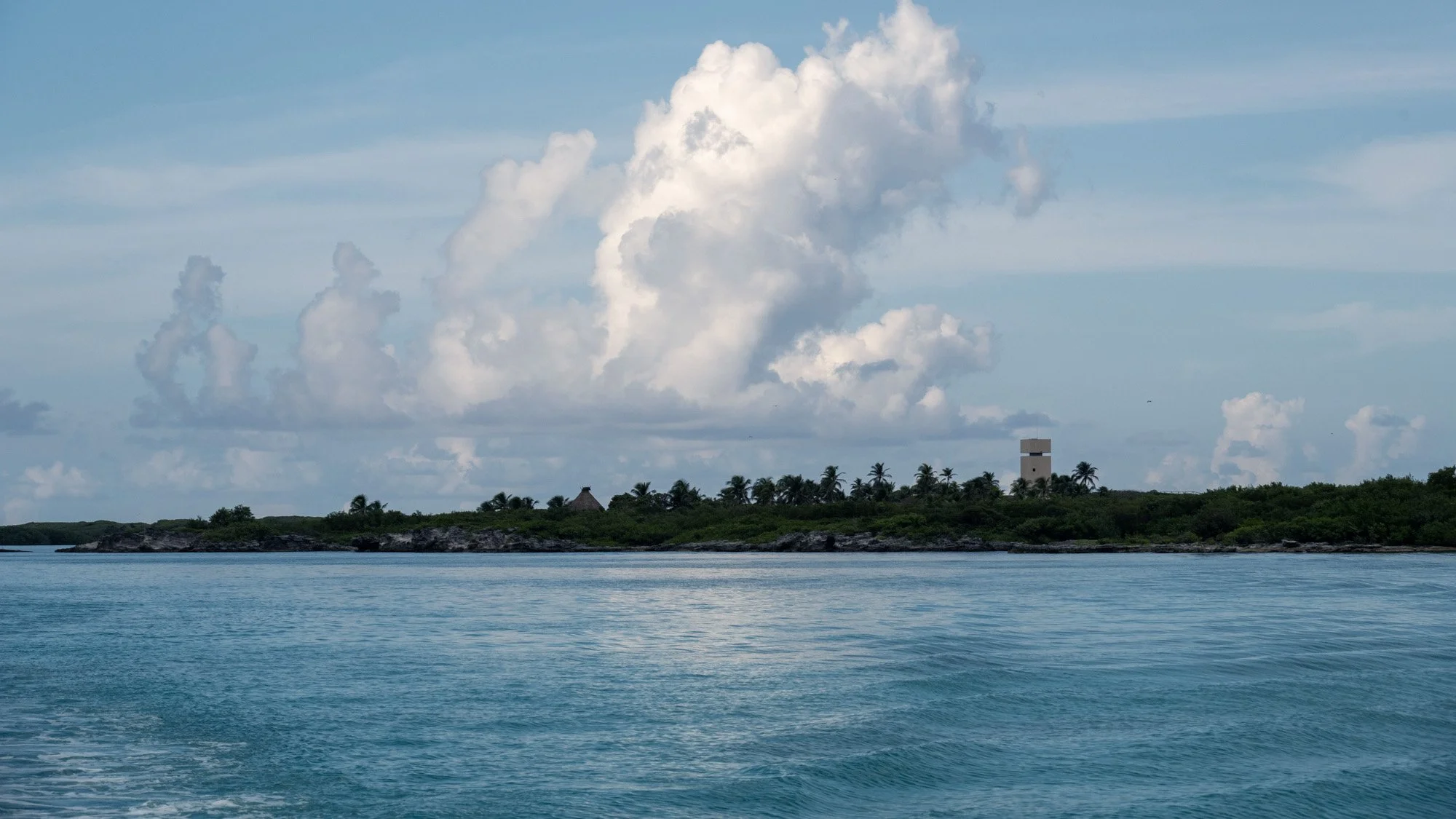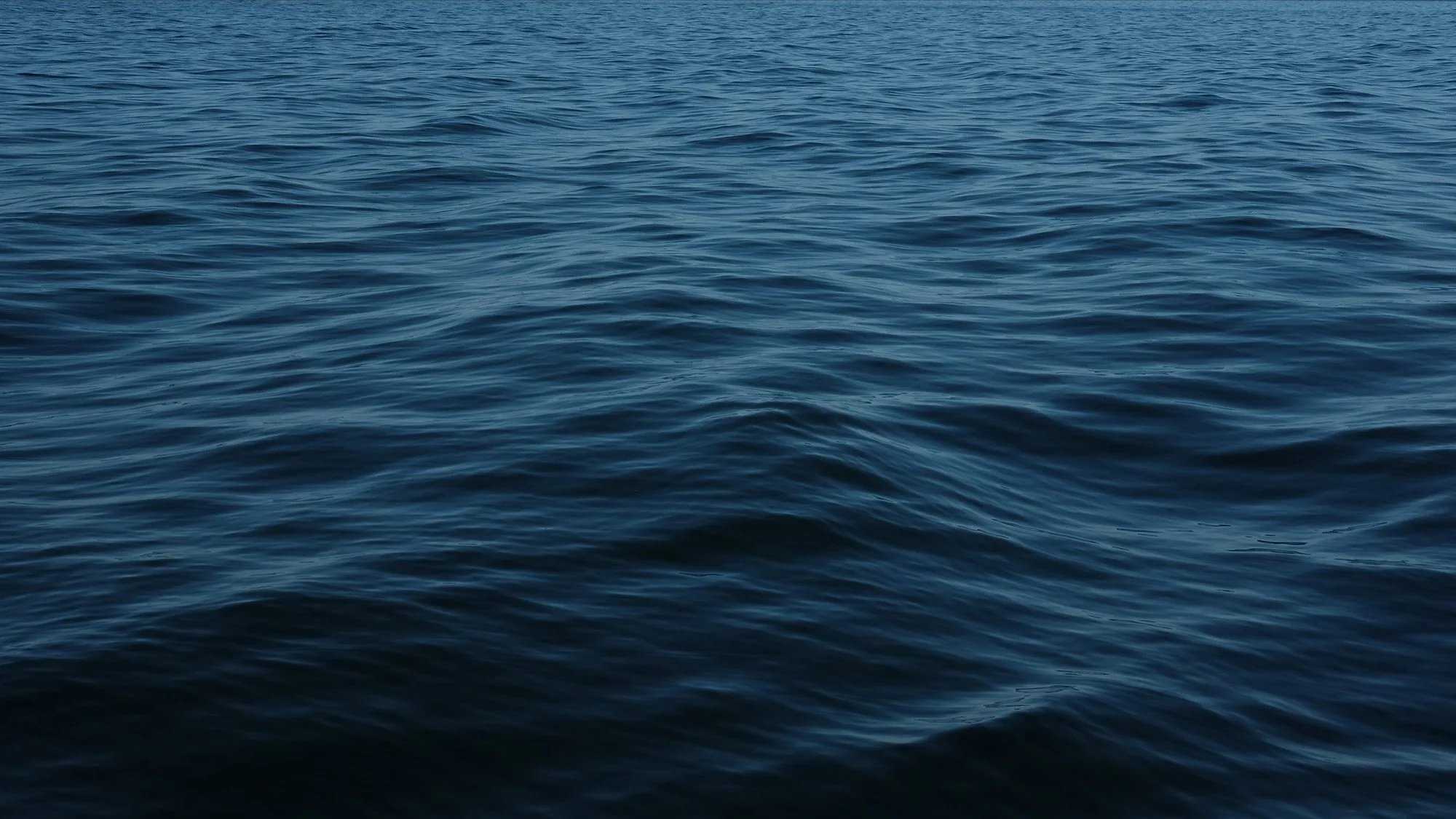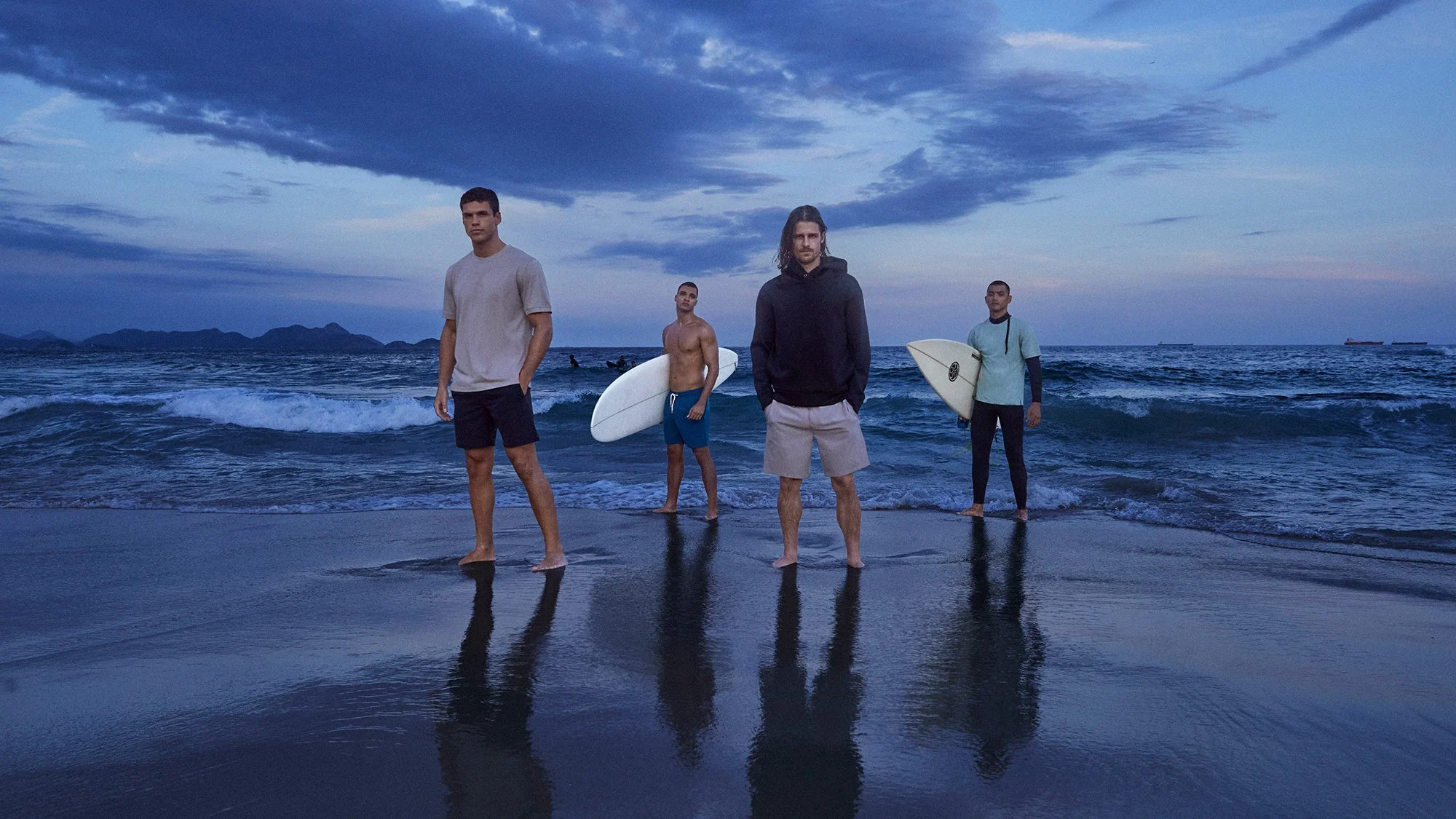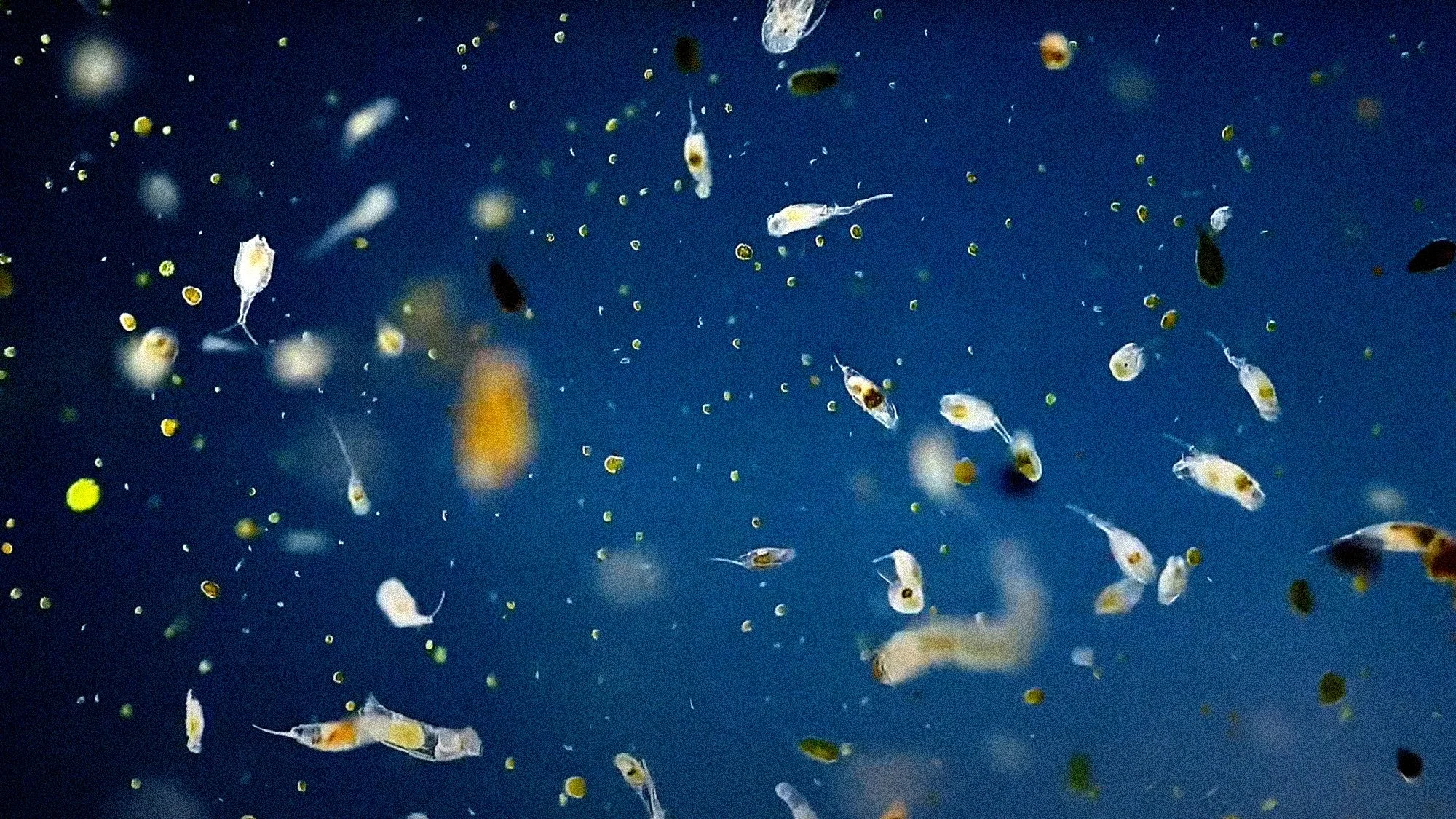“The Heisenberg uncertainty principle says the act of collecting data changes the data. We're hoping to collect the data without the animal knowing."
Iain Kerr, CEO of Ocean Alliance
How do you measure stress levels in a whale without further disturbing the whale in its rightful home? We know whales are ailing. We know which questions to ask about the causes — noise and plastic pollution, overfishing, acidification — but it takes the crucible of science to uncover the answers.
There is a disconnect between humans and the oceans. Our existence depends on life below the surface, yet because we don’t see it in our daily routines, we have a tendency to evade, ignore or conveniently forget the truth. The good news: technology is rapidly chipping away at our ignorance.
Thanks to advances in drones and cameras, it seems 'extremely rare' images now make the internet rounds on a daily basis. The same gadgets bringing new eyes and curiosity to the sea are also aiding the experts in crucial conservation efforts to understand and protect life within it.
It's now possible to capture powerful footage and biological data at once, without disturbing marine species in their natural habitats. Ocean Alliance has found an answer in SnotBot®, a custom-built drone which hovers above a surfacing whale to collect mucus and snot — a treasure trove of scientific data that can drive much-needed solutions, policy and protections.
“The old saying is ‘save the whales.' It really now might be ‘saved by the whales.’ They can tell us of problems we need to know about.’’
Human health is directly linked to the health of the oceans. The health of the oceans is directly link to the health of whales. Despite this fact, our understanding of cetaceans in the wild remains vastly limited. When we humans are sick, we head to the doctors for blood tests. Reaching a diagnosis for marine species is a bit more complicated; you can't take a blood sample from a whale. The second best option is mucus, and collecting it without altering the symptoms requires innovative, noninvasive methods. SnotBot® is revolutionizing this process.
We’re partnering with Ocean Alliance to help deliver this message and support the solutions we need to to better understand and protect the health of these magnificent, majestic beings.
Learn more about the first SnotBot® expedition to study Southern Right Whales in Patagonia, Argentina:
Read about the second SnotBot® expedition in the Sea of Cortez and the third in the Gulf of Alaska.
Learn more about Ocean Alliance at www.whale.org. Earbot™ and Snotbot® are registered trademarks of Ocean Alliance. US footage filmed under NMFS permit 18636-01.
